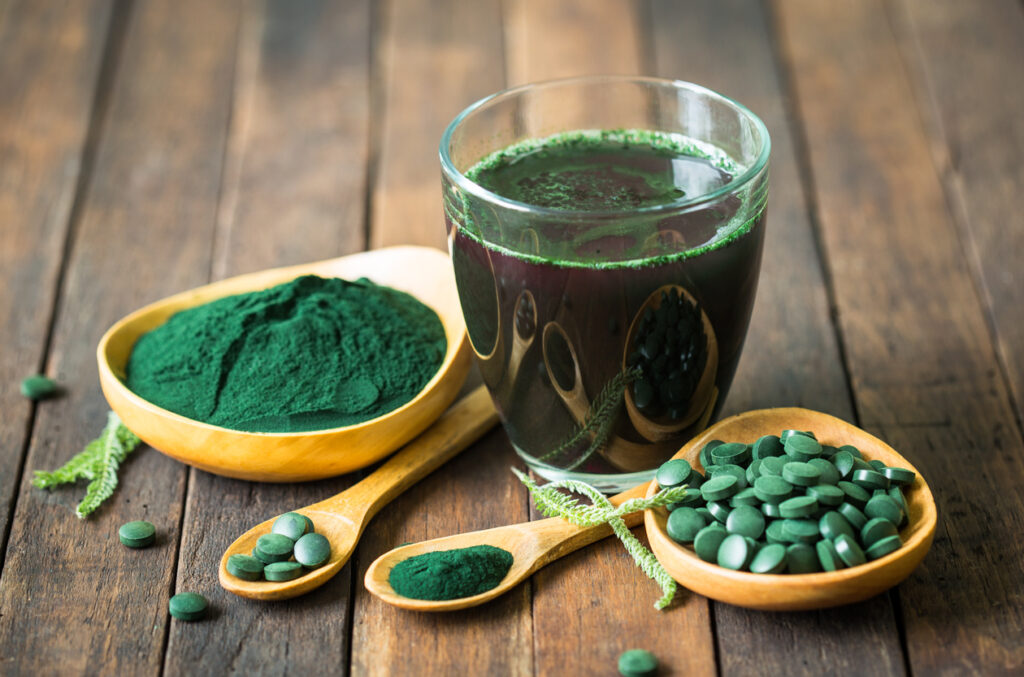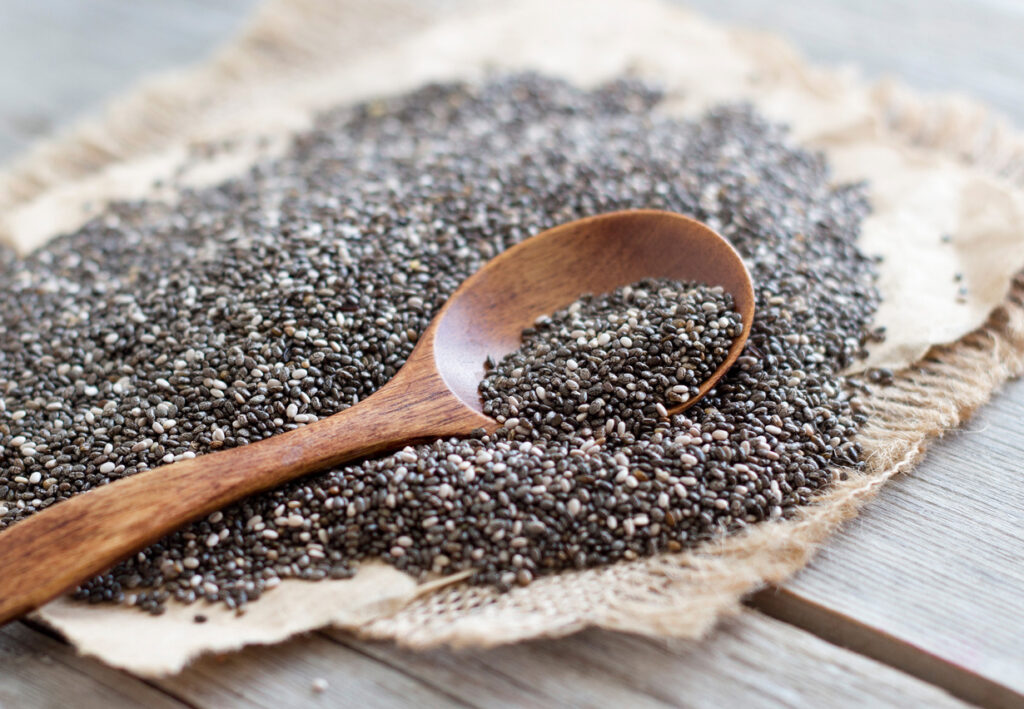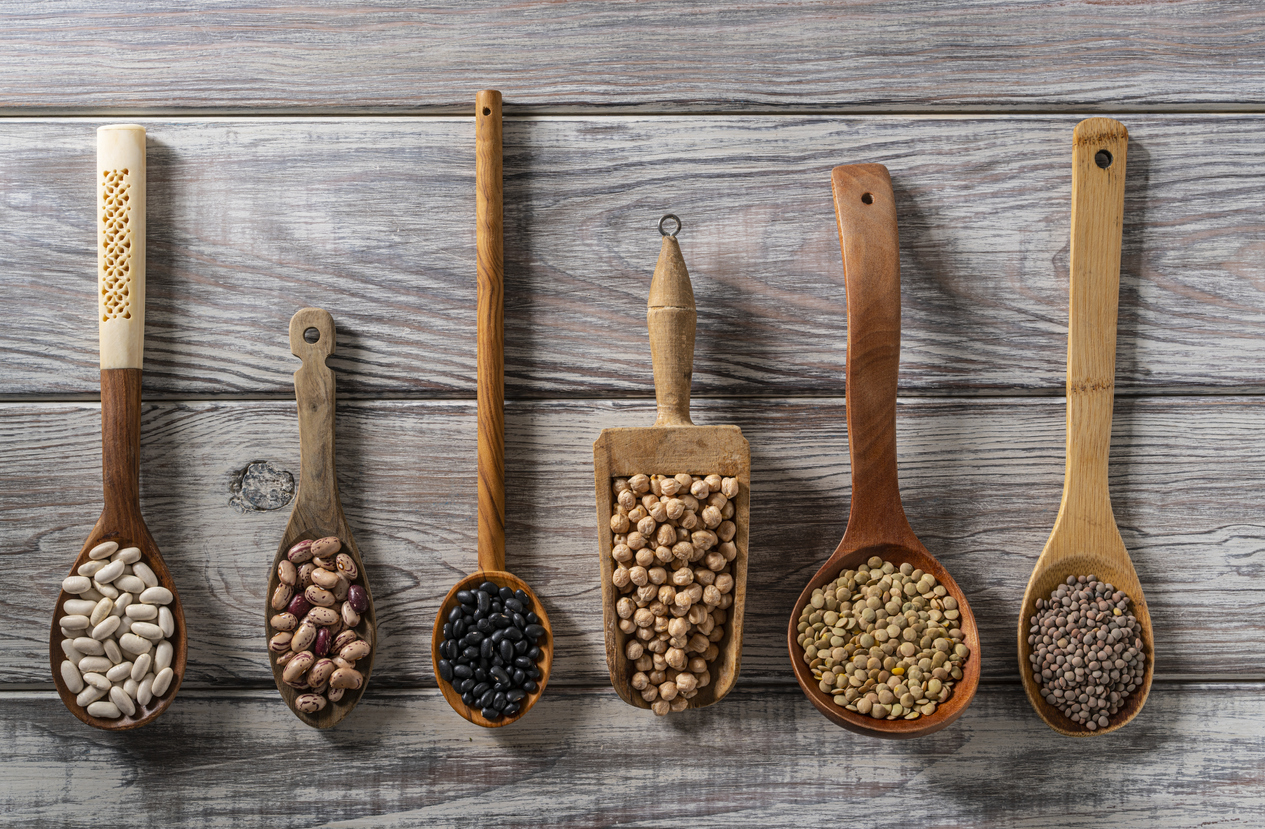5 Plant-Based Proteins That You Should Try
We would all benefit from a plant-rich diet, as well as the nutrition, minerals, phytonutrients, and health benefits it provides, regardless of what lifestyle we practice—whether we’re only trying to incorporate more plant-based ingredients to our diet or transitioning to a completely plant-based diet and lifestyle. However, I’m always curious as to how I can get enough protein without eating meat. There are many plant-based foods that include plant-based protein—just it’s a matter of knowing what they are, how to use them, and being persistent in incorporating them into tasty, simple meals on a daily basis.
Spirulina

Spirulina is a high-protein plant food that is primarily composed of the macronutrient by dry weight, making it one of the few sources of high-protein plant foods. In fact, spirulina contains approximately 6 to 70% protein by weight, while most other proteins contain only around 35% protein by weight. Spirulina also contains all of the essential amino acids, making it a complete protein. Spirulina protein can also be used more efficiently by the body, making it one of the best plant protein sources available.
Quinoa
It’s a gluten-free grain (technically a seed) that’s used as a starch and is one of plants’ main protein sources. Since it contains carbohydrates as well as a large amount of plant protein and fiber, it is also known as a starch protein. Use it instead of rice to increase the range of carbohydrates you eat and to add a little more protein to those carbs.
Chia seeds

Due to the soluble fiber content of the seeds, they have been used for centuries for their extraordinary ability to absorb water and turn it into a gel-like substance. Because of this unique property, chia seeds are ideal for adding to fruits and foods that thicken naturally while also improving the quality of fiber, protein, and healthy fats (mainly omega-3s).
Hemp seeds
They are high in protein, as well as a large amount of heart-healthy fats, mostly omega-3 fatty acids. They are often considered an excellent source of protein for vegans, despite the fact that they do not contain all of the amino acids (lysine is missing). It’s also worth noting that hemp oil contains all of the basic amino acids, as well as one called arginine, which aids in the production of nitric oxide, a vital molecule for a safe cardiovascular system.
Lentils
Lentils are an excellent source of carbohydrates, fiber, and protein. In reality, a single serving contains over 10 grammes of muscle-building protein. Split green peas may be used in the same group as lentils as a starchy protein. Lentils contain a mixture of essential and non-essential amino acids, including globulin, which accounts for nearly half of the amino acid profile of lentils. Lentils also contain starch, insoluble dietary fiber, prebiotics, and potassium, which all contribute to good health. To top it off, lentils are low-cost, simple to cook, and extremely filling.


